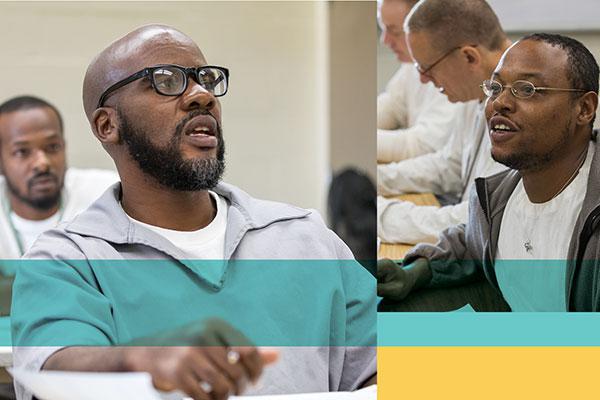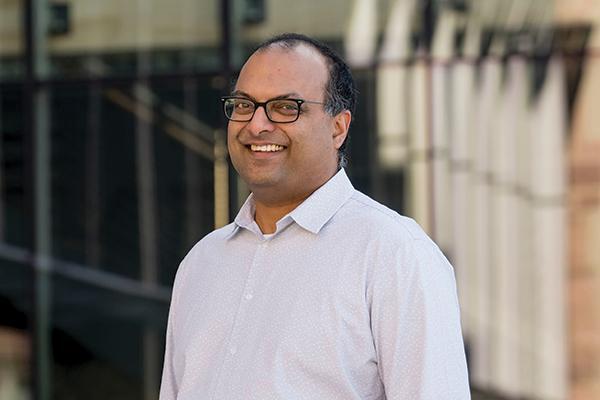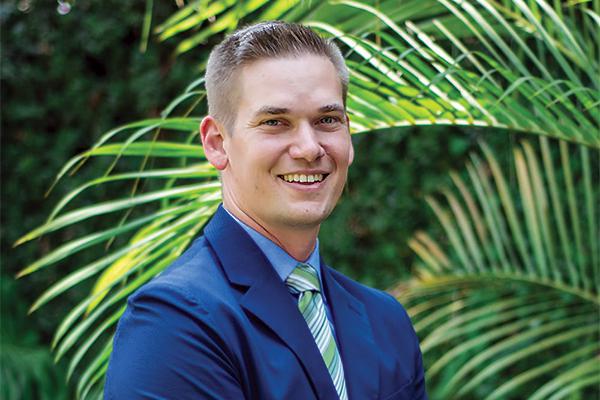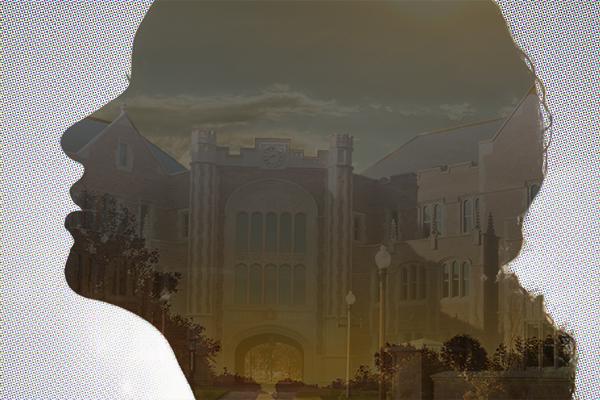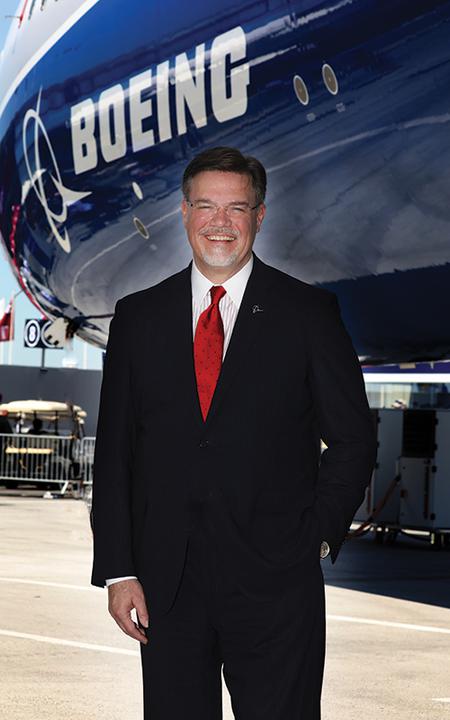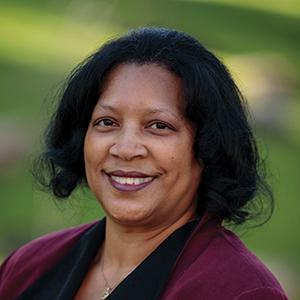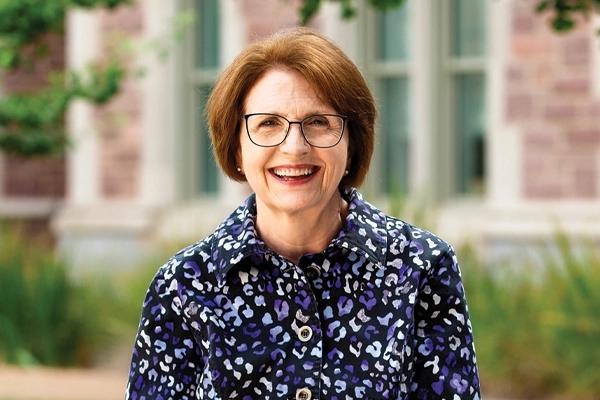
Multitasking master
In 1978, computers were beginning to use the 5.25-inch floppy disk, Microsoft Corp. released the BASIC programming language, and Washington University in St. Louis was celebrating its 125th anniversary.
While much has changed in computing and at Washington University in the past 45 years, one thing hasn’t changed — Myrna Harbison’s presence in the Department of Computer Science & Engineering. That year, Harbison joined the small staff in the department, then located in Bryan Hall, as a departme
While much has changed in computing and at Washington University in the past 45 years, one thing hasn’t changed — Myrna Harbison’s presence in the Department of Computer Science & Engineering. That year, Harbison joined the small staff in the department, then located in Bryan Hall, as a departme
